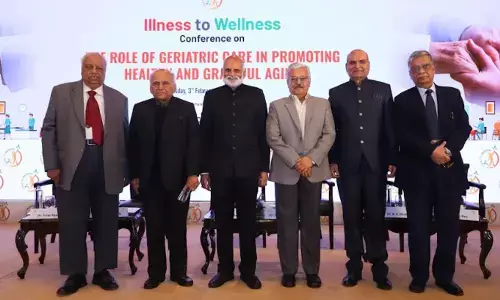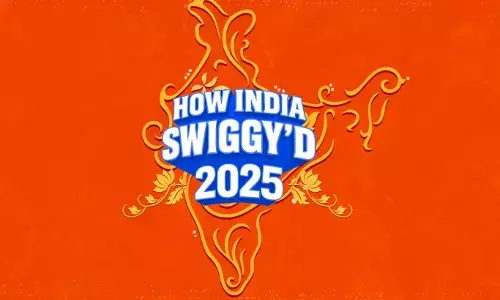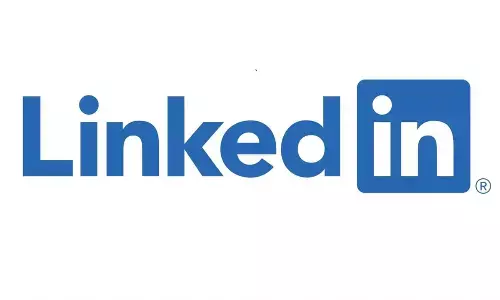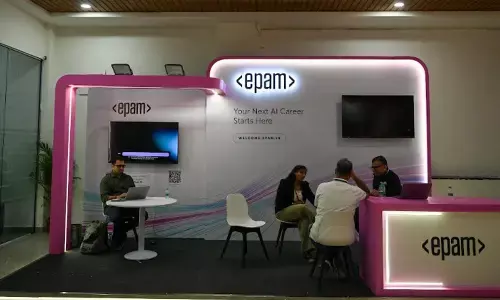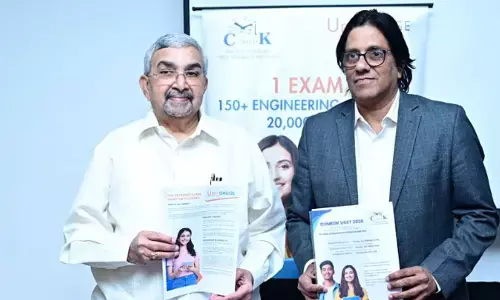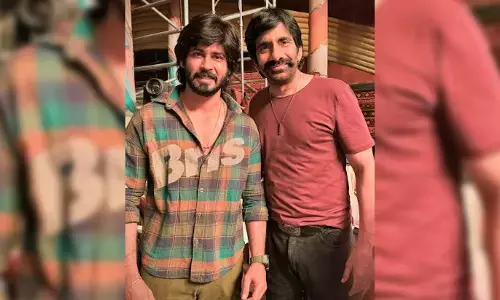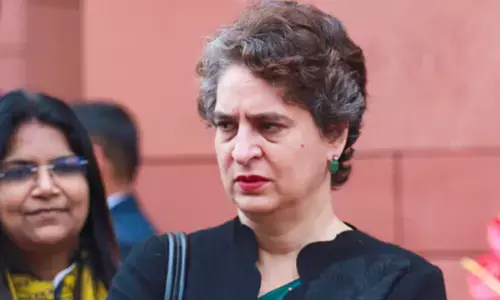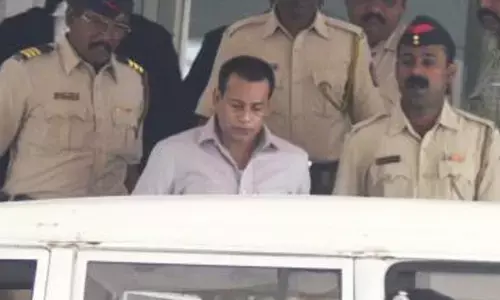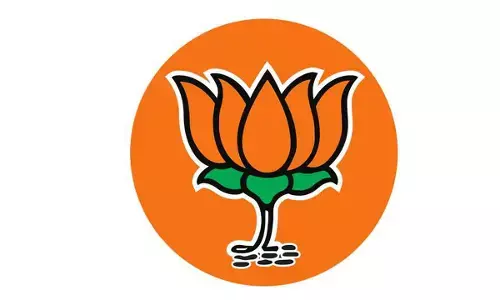Experts call for equitable access to healthcare for blood cancer patients
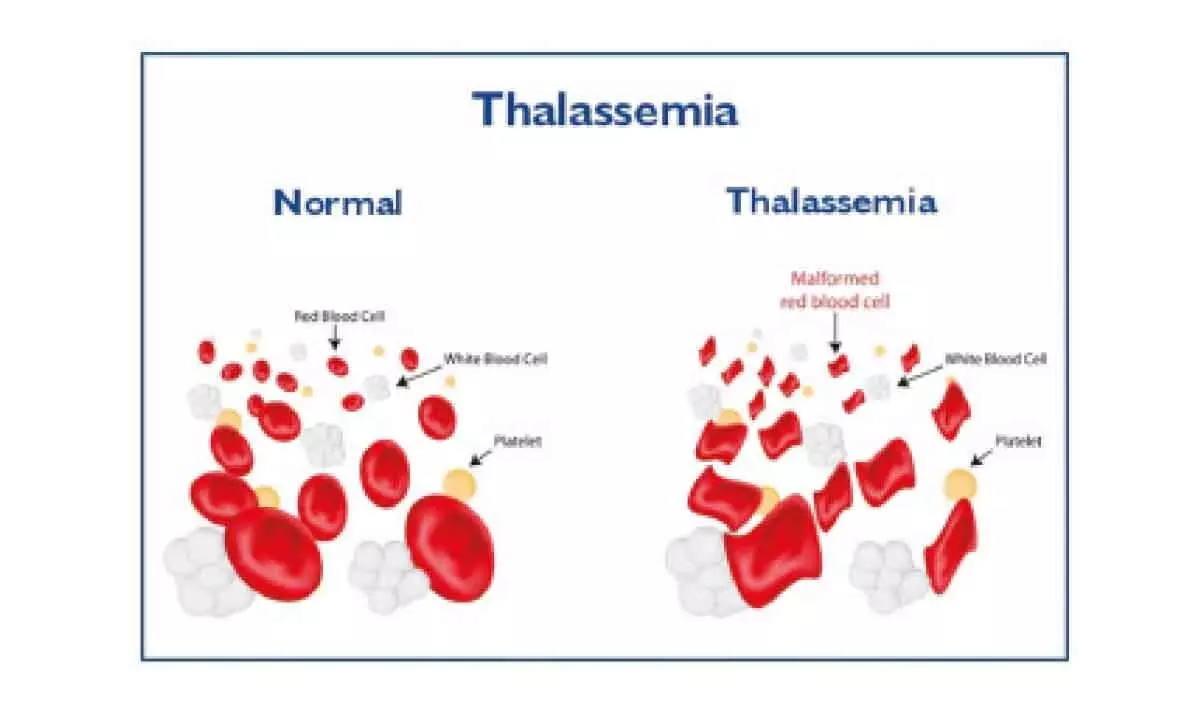
Bengaluru: 25-year-old Puneeth suffered from thalassemia major, which is a genetic blood disorder characterised by abnormal haemoglobin production and low production of red blood cells, since he was only nine. Battling with thalassemia as a child came with multifaceted challenges in Puneeth’s day-to-day activities.
Since Puneeth was diagnosed with this disease in 2008, he has undergone blood transfusions at a charitable hospital on a regular basis. A stem cell transplant was the only curative treatment option for Puneeth’s condition. It was only in 2020 when a Hospital in Bangalore conducted a free HLA typing camp in association with DKMS-BMST at their centre, where Puneeth and his elder brother Prajwal gave their cheek swab sample for HLA (Human Leukocyte Antigen) typing. The result showed that Puneet found a perfect match with his brother. However, owing to financial constraints, his family was hesitant towards the transplantation. This is where the DKMS BMST Patient Funding program stepped in to help Puneeth successfully undergo his transplant in September 2022 and receive a second chance at life. The transplant yielded success, and the family now looks forward to a positive future ahead.
Puneeth was fortunate enough to find a matching donor in his family, whereas over 70% of the patients diagnosed with blood cancer or blood disorder are unable to find a match and urgently need a matching unrelated donor. DKMS-BMST has a mission to give such patients a second chance at life by registering potential stem cell donors from across India.
The Consultant Hematology, Hemato-Oncology, and Bone Marrow Transplant at BGS Gleneagles Global Hospital, Bengaluru, Dr. Govind Eriat said, “Karnataka bears a considerable burden of blood cancer and blood disorder cases contributing substantially to the state’s healthcare burden and the national statistics of over 100,000 cases annually.
Stem cell transplants offer a ray of hope for patients battling this disease, providing them with a second chance at life. However, accessibility to combat this disease often remains a challenge, especially for economically underprivileged people. Initiatives like DKMS-BMST Thalassemia and patient funding programs provide critical support to those unable to get access to transplantation and help them get a second chance at life.”
Patrick Paul, CEO of DKMS BMST Foundation India, said, “Through the Patient funding and and Thalassemia programs, DKMS-BMST has been instrumental in democratising access to stem cell transplantations nationwide. To achieve this, we have created an effective and streamlined program structure so we can help as many patients in need as possible. By alleviating financial constraints and fostering collaborations within the healthcare sector, we strive to empower individuals like Puneeth with the opportunity. Unfortunately, only 0.03% of the Indian population have registered as potential donors. This increases the need for more people of Indian ethnicity to register themselves








